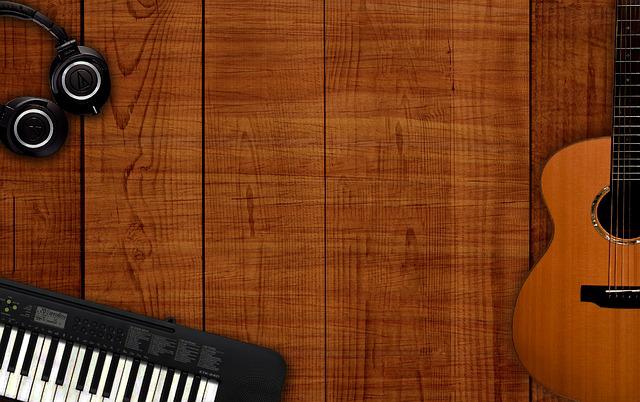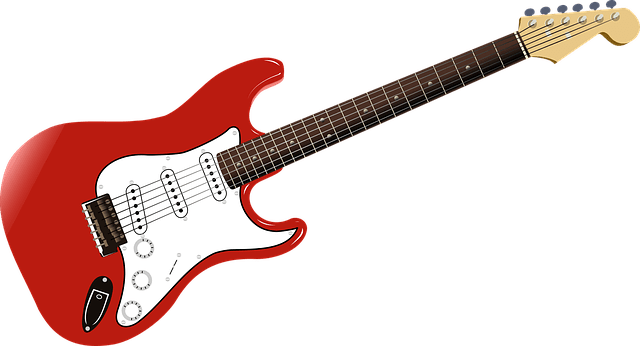If you want to learn how to play the guitar, one of the first things you need to do is memorize the chords. But for some people, this can be a daunting task. It doesn’t have to be though. With a little bit of practice and these helpful tips, you’ll be able to memorize guitar chords in no time!
This article will tell you all about how to memorize guitar chords. We’ll discuss why it’s important to memorize chords, how to go about memorizing them, and some helpful tips to make the process easier.
How To Memorize Guitar Chords?
Understanding how to memorize guitar chords entails breaking the process down into small parts that can be completed quickly. Most guitar players make the mistake of trying to acquire and retain too much knowledge at the same time. It is difficult to absorb and keep information in huge chunks of material.
When learning chords, it is best to break them down and concentrate on only one chord at a time instead of trying to recall numerous chords at the same time.
The Art Of Repetition
Repetition is an important part of memorizing guitar chords. Every action of ours involves brain activity that can only be fine-tuned via repetition.
Although our muscles are unable to think for themselves, neurons associated with muscle fibers communicate with the body’s CNS, and when a person learns a new ability, modifications in brain matter may be noticed.
With time, repetition of a movement helps the brain create patterns, allowing the action to be executed with less brain activity in the final stage of the process.
For example, in the case of learning guitar chords, this means that the brain adjusts via repetition, which demands a mix of dexterity, precision, finger strength, as well as stamina on the part of the player.
During the process, neural networks collaborate with one another, allowing information to be transported across different parts of the brain.
It Takes Time And Effort To Become Perfect
If repetition is important (as they say, “practice makes perfect”), it should not come at the price of technical proficiency.
Poor technique will also have a negative impact on your performance in the future, especially as you proceed to use more complicated chords and chord progressions (e.g., movable barre chords, 7th & extended chords).
Making the same mistakes over and over again during training results in a loss of valuable time that could be spent ironing out technical weaknesses that have arisen as a result of poor technique paired with repetition. However, it is a proven truth that repeatedly performing anything improperly will impede long-term growth.
As a result, while repetition is extremely important in learning new guitar chords, it is not the only one. Posture and hand position are key in establishing a solid technique to go along with muscle memory; thus, it is important to get the basics right while learning new techniques.
4 Tips To Effectively Memorize Guitar Chords
Here are a few tips that you can use to help you memorize guitar chords.
● Keep Your Posture
The use of good posture helps to release stress throughout the body, which would otherwise damage your neck and shoulders as well as your arms, wrists, and hands, resulting in decreased accuracy that is compounded by tiredness. It should be very difficult to feel any stress in your wrist when playing chords if your posture is perfect.
● Use The Appropriate Fingers
If you’re just starting out with chords, use chord charts that show you which fingers to use for each chord type. Correct finger placement, for example, provides for cleaner and easier chord changes, such as when using a pivot finger to shift chords.
● Use Your Fingertips
When fretting more than one string with a single finger (as is the case with barre chords), this is not possible; nonetheless, fretting notes using the tips of the fingers instead of the thicker, fleshier area of the fingertips will result in a neater contact with the strings.
● Fretting Hand Positions
Contrary to popular opinion, when playing a note, it is not necessary to aim for the center of the fretboard. Keep your fingertips just behind the firewire instead since this increases the break angle of the string as it crosses the fret wires, producing cleaner, more defined sounds.
Conclusion
Now that we have given you some tips on how to memorize guitar chords, it is important to keep in mind that success comes with time and effort (also read about how to make a Capo for Guitar). Be patient, and do not get discouraged if things are not progressing as quickly as you would like. Follow the tips above, and you will be on your way to becoming a guitar chords master in no time!



